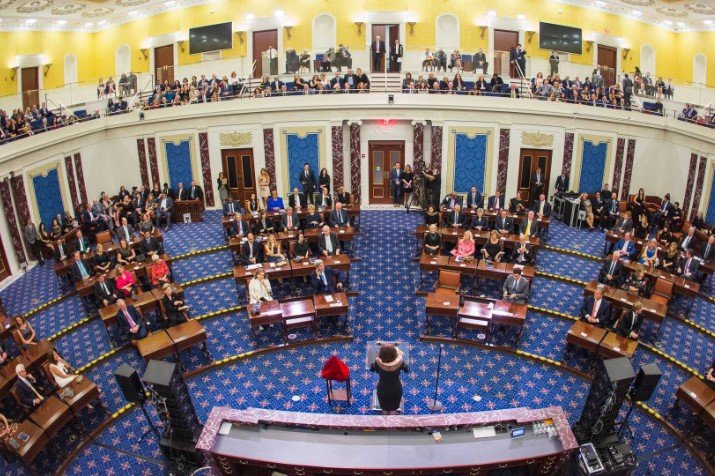The Role of Religion in Texas Schools
The debate over the role of religion in Texas schools has been a contentious issue. Proponents argue that incorporating religious teachings into the curriculum can provide students with a moral foundation and a better understanding of cultural heritage. They believe that lessons from religious texts, such as the Bible, can teach valuable life lessons and ethical principles.
Opponents, however, caution that this approach could blur the lines between church and state. They argue that public schools should remain secular to ensure that all students, regardless of their religious beliefs, receive an unbiased education. Critics also point out that emphasizing one religion over others could alienate students from diverse backgrounds and potentially violate the Establishment Clause of the First Amendment.

The Texas Education Agency has been at the center of this debate, with officials testifying before the House Public Education Committee. They have faced questions about the potential bias in the proposed curriculum and the involvement of conservative organizations in its development.
Legislative Proposals and Public Reactions
Several legislative proposals have been introduced that aim to reshape the educational curriculum in Texas. One such proposal involves the inclusion of Bible teachings in elementary school English and Language Arts classes. This proposal has sparked significant controversy, with supporters highlighting the educational value of these teachings and detractors warning of constitutional violations.
Public reactions to these proposals have been mixed. Some parents and community members support the inclusion of religious teachings, believing it will enrich students’ education. Others, however, are concerned about the implications for religious freedom and the potential for discrimination against non-Christian students.
The debate has also drawn attention from national organizations that advocate for the separation of church and state. These groups have expressed concerns about the potential for legal challenges if the proposed curriculum changes are implemented. They argue that public schools should focus on providing a secular education that respects the diverse beliefs of all students.
The Future of Education in Texas
As the debate continues, the future of education in Texas remains uncertain. Lawmakers are expected to revisit these issues during the 2025 legislative session, with further discussions and potential revisions to the proposed curriculum. The outcome of these debates will have significant implications for the state’s education system and the role of religion in public schools.
In the meantime, educators and administrators are preparing for potential changes. They are considering how to implement new curriculum guidelines while ensuring compliance with constitutional principles. The Texas Education Agency has pledged to work with school districts to provide guidance and support as they navigate these complex issues.
The ongoing debate highlights the challenges of balancing religious freedom with the need for a secular education system. It underscores the importance of thoughtful, inclusive policymaking that respects the diverse beliefs of all students and upholds constitutional principles.


Comments